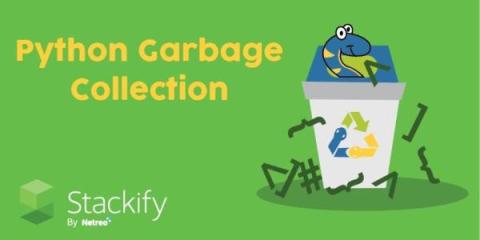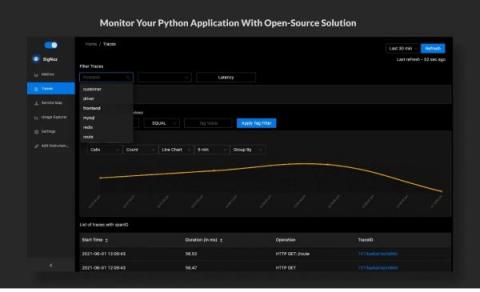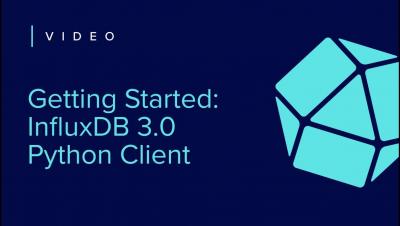Python Garbage Collection: What It Is and How It Works
Python is one of the most popular programming languages and its usage continues to grow. It ranked first in the TIOBE language of the year in 2022 and 2023 due to its growth rate. Python’s ease of use and large community have made it a popular fit for data analysis, web applications, and task automation. In this post, we’ll cover: We’ll take a practical look at how you should think about garbage collection when writing your Python applications.











